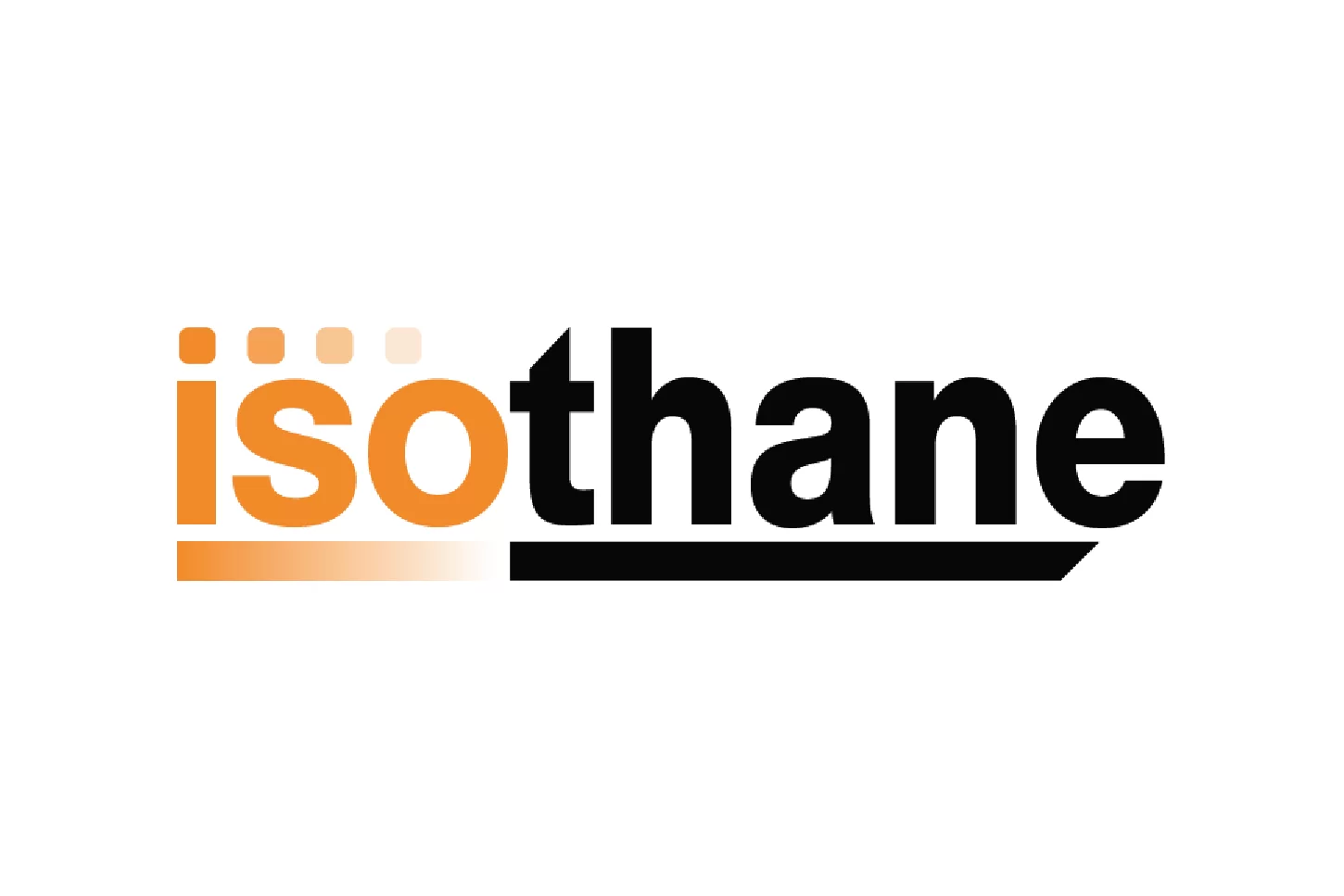What is Isothane and How Does It Compare to Other Foam Insulations?

Isothane is a type of foam insulation that has been increasing in popularity in recent years. But what is it, and how does it compare to other types of insulation?
In this blog post, we will discuss the benefits of Isothane and compare it to other popular types of foam insulation.
What is Isothane and what are its benefits over other foam insulation products on the market today?
Isothane is a high-performance insulation foam that offers a number of advantages over other products on the market today.
For starters, Isothane is highly resistant to water and moisture, making it an ideal choice for rooms that are prone to condensation or flooding.
It also has excellent thermal properties, meaning it can help to keep your home warm in winter and cool in summer.
In addition, Isothane is also much lighter than other foam insulation products, making it easier to handle and install.
As a result, Isothane is a great choice for anyone looking for a high-quality insulation product that offers superior performance and value for money.
How does Isothane compare to traditional fiberglass insulation in terms of R-value and other performance metrics?
Isothane is a type of insulation that is made from recycled materials. It has a higher R-value than traditional fiberglass insulation, making it more effective at insulating homes and businesses.
Additionally, Isothane does not suffer from the same settling issues that fiberglass insulation often experiences. This means that it will continue to perform at its highest level for the lifetime of the product.
Isothane is also more resistant to mold and mildew growth, making it a good choice for areas with high humidity levels.
Overall, Isothane provides superior performance to traditional fiberglass insulation in terms of R-value, settling, and resistance to mold and mildew.
Why is Isothane a better choice for homeowners looking to improve the energy efficiency of their home without breaking the bank?
Isothane is a top choice for homeowners looking to improve the energy efficiency of their home. It is one of the most cost-effective ways to insulate your home, and it also provides superior protection against drafts and leaks.
Isothane is made from recycled material, so it is also an environmentally friendly option. In addition, Isothane does not off-gas like some other insulation materials, making it safer for your family.
Overall, Isothane is an excellent choice for homeowners who want to improve the energy efficiency of their home without breaking the bank.
Where can you find out more information about Isothane and how to install it in your home yourself, if desired?
Isothane is a type of spray foam insulation that is becoming increasingly popular in the home improvement industry.
It is made from a mixture of two chemicals, isocyanate and polyol resin, which react together to form a flexible, durable foam. Isothane has a number of advantages over traditional insulation materials, including its ability to fill gaps and voids completely, its high R-value (which means it is more effective at trapping heat), and its resistance to mold and mildew.
Installation of Isothane is best left to a professional, but if you are handy and have the proper equipment, it is possible to do it yourself. The first step is to purchase the Isothane kit, which includes the two chemicals needed for the reaction, as well as a disposable mixing nozzle.
Once you have the kit, simply follow the instructions included to mix the chemicals and apply the foam. Isothane can be purchased online or at some home improvement stores. For more information on installation, please see the Isothane website.
Contact us today to find an approved spray foam Insulation installer in your area.






